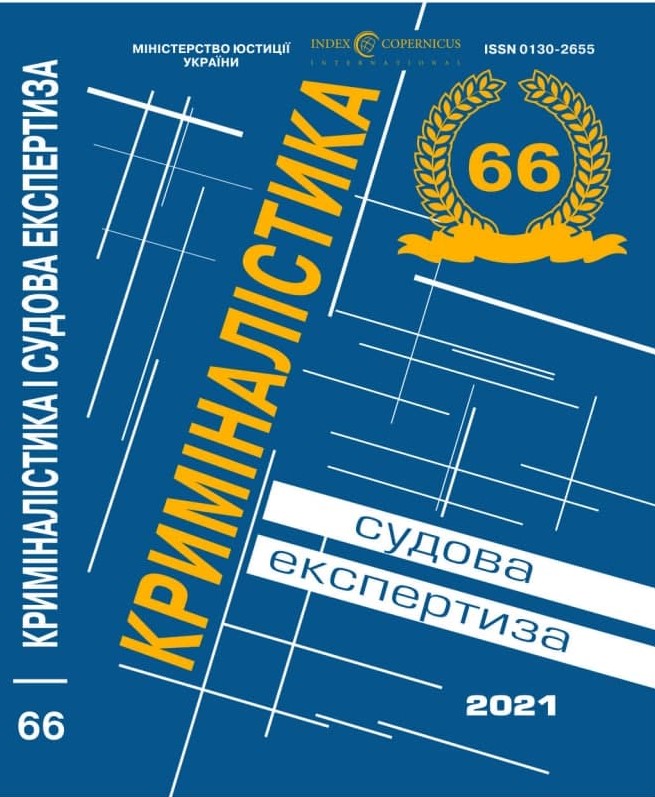DOI: https://doi.org/10.33994/kndise.2021.66.05
M. Shcherbakovskyi
The article shows that despite
the different legal systems of the United States and Ukraine, in the field of
forensic science there is a common problem associated with the assessment of
the scientific reliability of expert research and on this basis the
admissibility of expert testimony. The existing Fry standard, Dober’s trilogy,
Rule 702 of the Federal Rules of proof aimed at determining the admissibility
of expert testimony are considered.
It was stressed that the main
criterion for the admissibility of expert testimony in the American proceedings
was the scientific and methodological credibility of the research conducted.
The validation is entrusted to the judge who performs the role of “goalkeeper”.
If the previous check confirms
the scientific validity of the expert research carried out, the judge “admits”
the expert’s conclusions to a judge of fact to make a decision on the case.
Verification of the scientific reliability of an expert’s testimony requires
the judge to familiarize himself with the fundamentals and methods of the
relevant sciences.
Comparison of the standards of
admissibility of expert research in the American proceedings with the domestic
criminal procedural doctrine shows certain coincidences and differences. A
significant difference between American standards is a clear prescription for
judges to check and establish those properties of an expert study that
determine the admissibility (scientific reliability) of an expert’s testimony.
Based on the analysis of American standards, it was concluded that it is advisable in the Ukrainian procedural legislation of attaching to the subjects carrying out proof, when assessing the reliability of the conclusion and testimony of an expert. The obligation to check the scientific (the presence of general scientific provisions, theoretical foundations of a certain type of examination) and methodological (the use of a certified methodology registered in Register of expert research methods) reliability of expert research results.
Key words: forensic examination, expert testimony, admissibility, reliability, standards of USA, criminal procedure of Ukraine.

